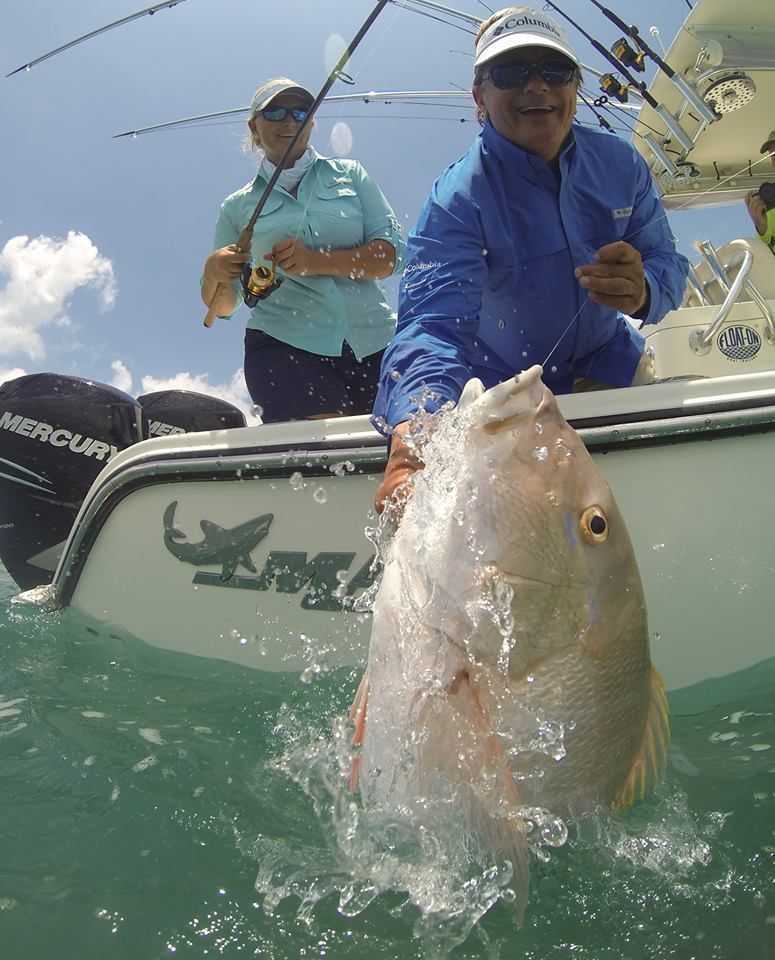Your fishing guide points and hollers, “There it is! See the tarpon rolling?” You squint, scan the water, and look quizzically at your guide. We all know that spotting and landing a fish is a matter of having skill and the correct tackle, but do you know that wearing the right pair of sunglasses is also crucial to your success on the water? All serious anglers will tell you how important a “good pair of sunglasses” is to their repertoire, and these days the ladies no longer have to sacrifice fashion for function. So, what exactly constitutes a “good pair of fishing sunglasses”? With so much variety in brands, shapes, colors, lens types, frame sizes, and prices, picking out a pair of glasses suitable for your specific water activities can be daunting. Summer is here, and it’s time for a new pair of specs, so let’s break it down, Sunglasses 101 style, in this edition of Lady Angler News.
My first suggestion is to look through the Sunglasses Review to learn about the top brands and latest styles for fishing glasses. Then, talk to different anglers, guides and captains. Ask them who are they wearing and what they like about their glasses. Anglers love their glasses and they love to show them off. Once you determine the brand, go for a pair of polarized glasses. Polarized glasses are a must because they provide protection from the dangerous UV rays, but they also cut down on reflected glare from the water. The light reflected from surfaces such as smooth water generally is horizontally polarized. This mean that instead of light being scattered in all directions, reflected light travels in a more horizontal direction, creating glare. Polarized lenses contain a special filter that blocks this type of intense reflected light, thus reducing glare. Most importantly, polarized glasses increase visibility on the water, enabling the angler to see objects better in the water.
The next consideration is color. Be sure to pick a lens that’s designed for the condition of the region you will be fishing. I have a pair of blue lenses for offshore, green lenses for inshore and the river, and a pair of amber lenses that work for just about any type of water. Tan/yellow/amber are said to be suitable for freshwater and moving toward a dark for saltwater. Consult your sunglasses dealer for the best lens for the type of fishing you will be doing, as it varies by manufacturer.
Pick a pair of glasses that fit comfortably on your face and provide the best coverage. When considering the money you are willing to spend, keep in mind that sunglasses are an investment in your eyes and your sport. Once you purchase your glasses, remember to put a croakie on them before you get on the water. And, always pack two pairs of sunglasses when you travel to a fishing destination. Nothing can put a damper on a fishing trip like being sans-sunglasses.
[easy-social-share]
